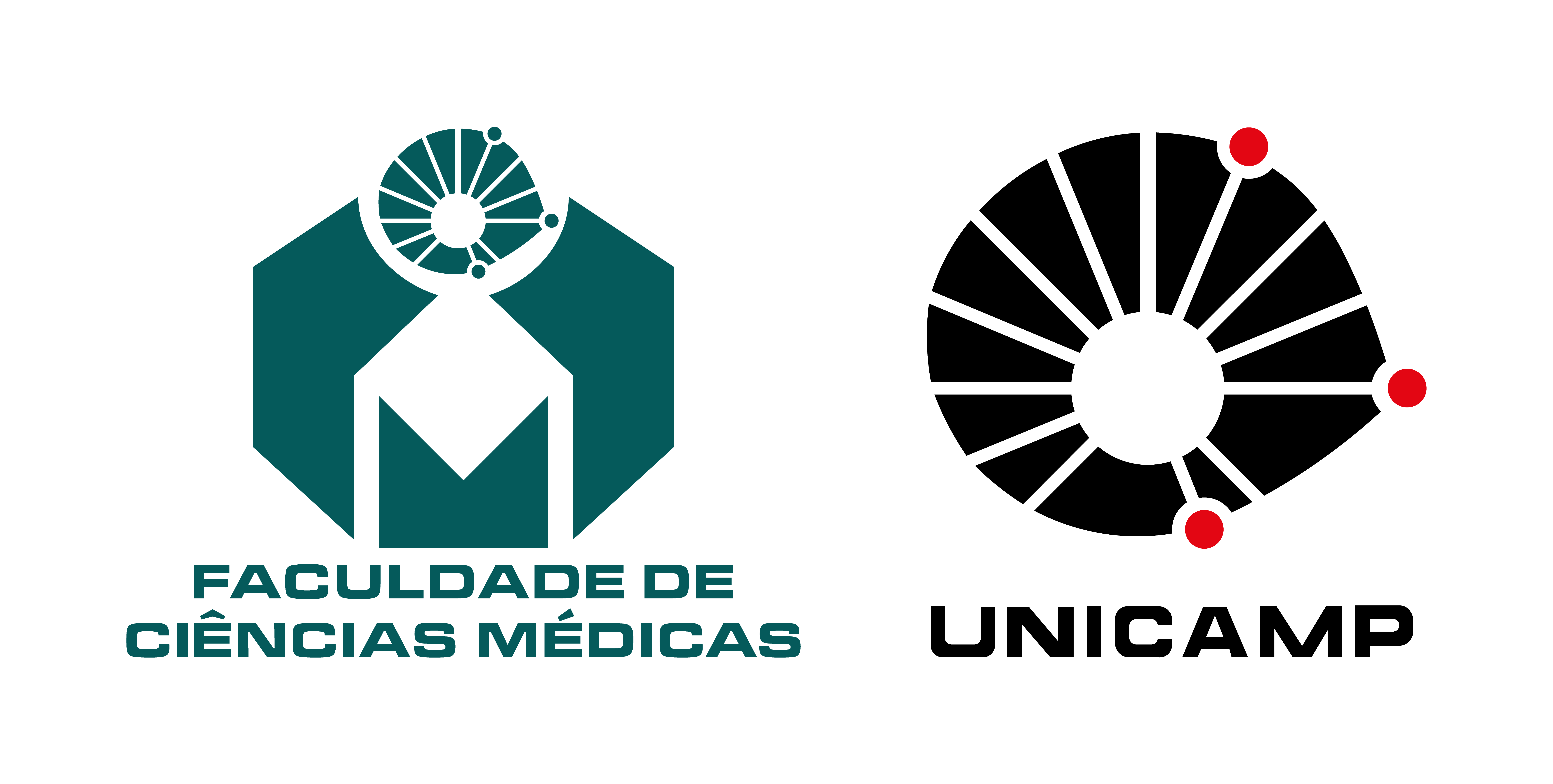Graduate Program in Gerontology
The Postgraduate Program in Gerontology - Master and Doctorate levels is interdisciplinary in nature. It welcomes teachers and students with different backgrounds, provided they are involved in research and teaching about old age, aging and the elderly, and with the care of the elderly in different professional contexts. It is anchored in the disciplinary fields that constitute the theoretical and methodological foundations of Gerontology: Biology of Aging, Medicine, Psychology of Aging and Social Sciences of Aging.
It has graduated more than 160 masters and PhDs, having provided the development of research that has resulted in numerous publications in indexed journals, books and book chapters. It had its Doctorate level recommended by CAPES at the end of 2010 with a grade of 5.0 (five).
Its purpose is to train teachers and researchers trained to produce knowledge and make it accessible to the scientific community and the population, as well as to act in the care of healthy old age and fragile old age, from a multidisciplinary and interdisciplinary approach.
The course is free and the admission of new students takes place through a selection process that usually occurs between the months of March/April or September/October.
ADMISSION OF REGULAR STUDENTS
The selection will be carried out according to the standards established by the Committee, approved by CPG and disclosed in notices that are posted on the course page.
The candidate must submit, at the time of registration:
- Curriculum Lattes;
- Acceptance letter from the advisor (if any), duly accredited as Permanent in the Program (see item accredited professors);
- Letter of acceptance of co-advisor (if any), with a professor duly accredited in the program;
- Research project, linked to one of the Research Lines of the Program;
- Registration form (to be made available on the DAC website);
- English Language Proficiency.
The following proficiency exams will be accepted:
- TEAP (Test of English for Academic Purposes) - www.teseprime.org.br, with a minimum score of 70;
- TOEFL: 71 points for the IBT or 527 points for the ITP;
- Cambridge English First CAE or FCE B2;
- IELTS: minimum score of 6.0.
RESEARCH LINES AND FACULTY
BIOLOGICAL AND CLINICAL AGING
Biomarkers of aging, chronic diseases, functionality, health promotion, prevention, and rehabilitation.
Prof. Professor André Fattori - FCM/Unicamp - afattori@unicamp.br
PhD Professor Arlete Maria Valente Coimbra - FCM/Unicamp - acoimbra@unicamp.br
PhD Professor Arlete Maria Valente Coimbra - FCM/Unicamp - acoimbra@unicamp.br
PhD Professor Claudia Regina Cavaglieri - FEF/Unicamp - cavaglie@unicamp.br
PhD Professor Daniela de Assumpção - danideassumpcao@gmail.com
Prof. Professor Ibsen Bellini Coimbra - FCM/Unicamp - coimbra@unicamp.br
PhD Professor Ligiana Pires Corona - FCA/Unicamp - licorona@unicamp.br
PhD Professor Lúcia Figueiredo Mourão - FCM/Unicamp - lumourao@unicamp.br
PhD Professor Luciana Castilho de Figueiredo - HC/Unicamp - lufigue@unicamp.br
Prof. Professor Luiz Claudio Martins - HC/Unicamp - luizpneu@unicamp.br
PhD Professor Mara Patrícia Traina Chacon-Mikahil - FEF/Unicamp - chaconm@unicamp.br
PhD Professor Maria José D'Élboux - School of Nursing/Unicamp - mariadio@uol.com.br
PhD Professor Monica Rodrigues Perracini - UNICID São Paulo - monicaperracini@gmail.com
PhD Professor Paula Teixeira Fernandes - FEF/Unicamp - paulat@unicamp.br
PhD Professor Priscila Maria Stolses Bergamo Francisco - primaria@unicamp.br
PhD Professor Ruth Caldeira de Melo - EACH/USP - ruth.melo@usp.br
AGING, LONGEVITY, AND QUALITY OF LIFE
Age-friendly environments. Gerontechnology. Psychosocial aspects of aging. Quality of life in old age. Family, aging, and caregiving. Models of care for older adults. Principles of bioethics.
PhD Professor Anita Liberalesso Neri - FE/Unicamp - anitalbn@uol.com.br
PhD Professor Arlete Maria Valente Coimbra - FCM/Unicamp - acoimbra@unicamp.br
PhD Professor Daniella Pires Nunes - dpnunes@unicamp.br
PhD Professor Flávia Silva Arbex Borim - FCM/Unicamp - flarbex@hotmail.com
Prof. Professor Luiz Claudio Martins - HC/Unicamp - luizpneu@unicamp.br
PhD Professor Maria José D'Élboux - School of Nursing/Unicamp - mariadio@uol.com.br
PhD Professor Meire Cachioni - EACH/USP - meirec@usp.br
PhD Professor Monica Sanches Yassuda - EACH/USP - yassuda@usp.br
PhD Professor Olga Rodrigues de Moraes Von Simson - FE/Unicamp - osimson@uol.com.br
PhD Professor Paula Teixeira Fernandes - FEF/Unicamp - paulat@unicamp.br
PhD Professor Ruth Caldeira de Melo - EACH/USP - ruth.melo@usp.br
PhD Professor Samila Sathler Tavares Batistoni - EACH/USP - samilabatistoni@usp.br
PhD Professor Thalyta Cristina Mansano Schlosser - tmansano@unicamp.br
PROGRAM COMMITTEE
Mandate: 05/01/2024 to 04/30/2026
Coordinator: Lucia Figueiredo Mourão
Titular Member: Claudia Regina Cavaglieri
Titular Member: Daniella Pires Nunes
Alternate Member: Luiz Claudio Martins
Secretary: Juliana Pereira de Siqueira
Contact
Email: geronto@unicamp.br
Phone: (+55 19) 3521-7408
Address: Rua Tessália Vieira de Camargo, 126 - Cidade Universitária Zeferino Vaz. ZIP CODE 13083-887 - Campinas, SP, Brazil
Service: Monday to Friday, from 08:30 A.M. to 05:00 P.M.
- 35950 views







